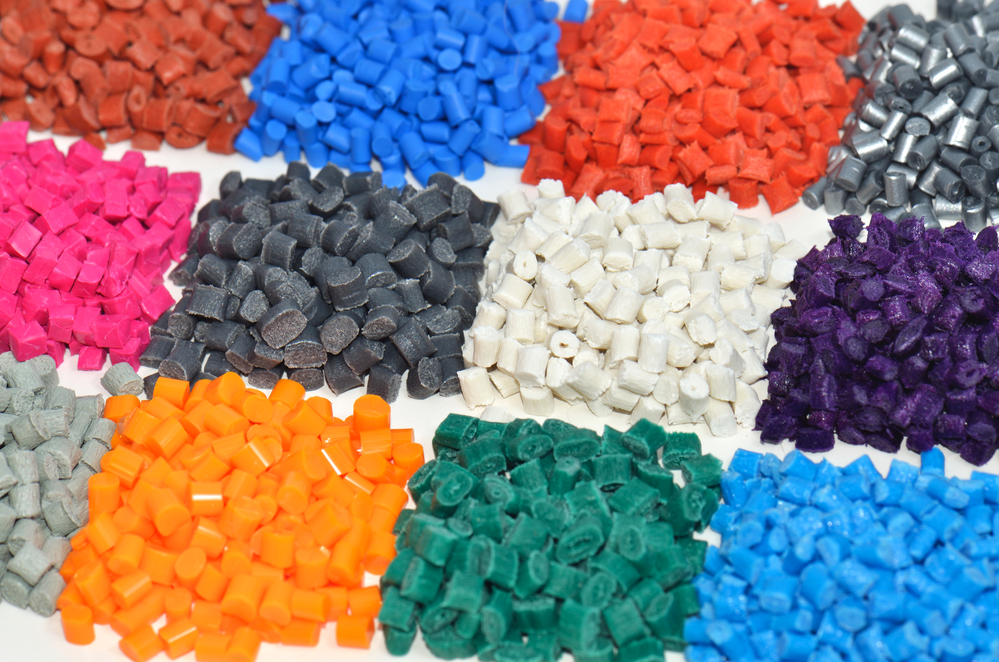Custom plastic extrusion is a pivotal technology in modern manufacturing, offering substantial advantages over traditional fabrication methods. These benefits include enhanced versatility, superior durability, and notable cost-effectiveness. Unpacking each of these aspects, we want to provide a technical overview of how custom plastic extrusions meet diverse industrial requirements while optimizing performance and cost.
Versatility in Design and Functionality of An Extruded Plastic Profile
Custom plastic extrusions excel in their ability to be tailored to specific applications, which is critical for industries that require precise component specifications. The extrusion process allows for the creation of complex cross-sectional profiles that are difficult or impossible to achieve with other manufacturing methods. This is accomplished by forcing molten plastic through a die, shaped to the cross-section of the desired profile. Once solidified, the continuous profile can be cut to length as needed.
This method supports a range of design variations, from simple tubing to intricate, multi-chambered profiles. For instance, the integration of multiple materials into a single extrusion process, known as co-extrusion, can combine the properties of different plastics to achieve desired characteristics such as rigidity combined with flexibility, or opacity paired with tinted sections. Such versatility is indispensable in applications ranging from automotive weather seals to retail display components, where customization is crucial for both functionality and aesthetics.
Durability of Extruded Plastic Profiles
The durability of extruded plastic profiles is another significant advantage. Plastics used in extrusions, such as polyethylene, PVC, and acrylic, are selected for their inherent properties like impact resistance, flexibility, and resistance to environmental factors such as UV radiation, moisture, and extreme temperatures. This makes extruded products suitable for both indoor and outdoor applications, extending their usability across various environments.
The extrusion process itself contributes to the strength of the final product. The continuous flow of plastic through the die ensures consistent material properties throughout the length of the profile, eliminating the potential weaknesses that can occur in products assembled from multiple parts. This uniformity is crucial for applications that demand high structural integrity, such as in building construction or in automotive components.
Cost-Effectiveness of Plastic Profile Extrusion
The cost-effectiveness of custom plastic extrusions is a compelling reason for their preference over other manufacturing processes like injection molding or metal fabrication. The extrusion process is highly efficient, capable of producing long lengths of a profile in a continuous operation, which significantly reduces production time and material waste.
The ability to use dies that are relatively inexpensive to manufacture and maintain also lowers the upfront costs typically associated with tooling in other processes. Additionally, the scalability of extrusion makes it ideal for both small batch and large volume production runs, allowing manufacturers to adjust production as needed without excessive additional costs.
The combination of lower material costs, reduced waste, and minimal downtime during production makes custom plastic extrusions an economically attractive option for a wide range of industries. This cost efficiency, coupled with the potential for high customization and durable end products, makes it a superior choice for businesses looking to optimize their manufacturing processes.
The technical benefits of custom plastic extrusions—versatility, durability, and cost-effectiveness—make them a strategic choice for manufacturers seeking to innovate and improve efficiency. As industries continue to evolve, the role of custom plastic extrusions is likely to expand, underpinning advancements in design and material science.

